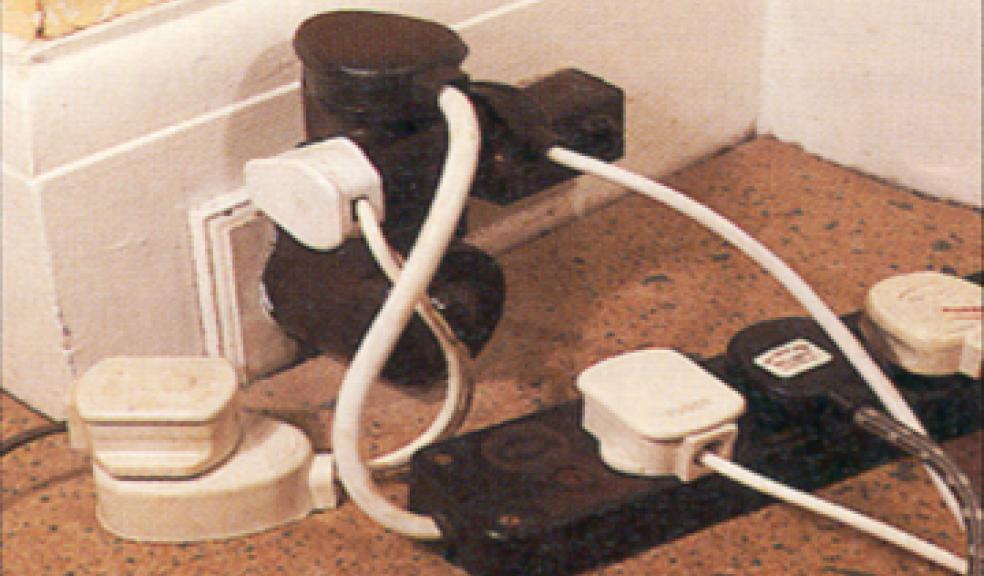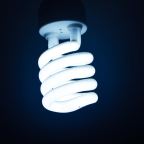
Avoid overloading your electrical sockets advice
Most people have extension leads in their homes, often using four-way bar adaptors to increase the number of appliances that you can plug into a wall socket.
Devon & Somerset Fire & Rescue Service remind you that although there is space to plug in four appliances, this does not mean it is always safe to do so.
Different electrical appliances use different amounts of power. To avoid the risk of overheating and possibly fire, you should never plug into an extension lead or socket appliances that together use more than 13 amps or 3000 watts of energy.
The Electrical Safety Council has created an easy to use calculator where you can plug in some typical household appliances to see the effect on the load. The calculator is intended to help you understand how you can avoid overloading your sockets and reduce the risk of fire. To use the calculator please visit Devon & Somerset Fire & Rescue Service's electrical safety page.
Top tips for plugs and sockets
• Watch for signs of dangerous or loose wiring such as: scorch marks, hot plugs and sockets, fuses that often blow, circuit breakers that trip for no obvious reasons and flickering lights.
• Don’t overloaded sockets - plugging too many electrical appliances into one socket can lead to overheating.
• Certain appliances, such as washing machines, should have a single plug to themselves, as they are high powered.
• An extension lead or adaptor will have a limit to how many amps it can take, so be careful not to overload them to reduce the risk of fire. Appliances use different amounts of power - a television may use a 3amp plug and a vacuum cleaner a 5amp plug for example.
• Look out for signs of badly wired plugs - any coloured wires sticking out could come loose and debris could also get into the plug making it a fire hazard.
• Never cut sealed plugs off to use them again.
Article courtesy of Devon & Somerset Fire & Rescue













